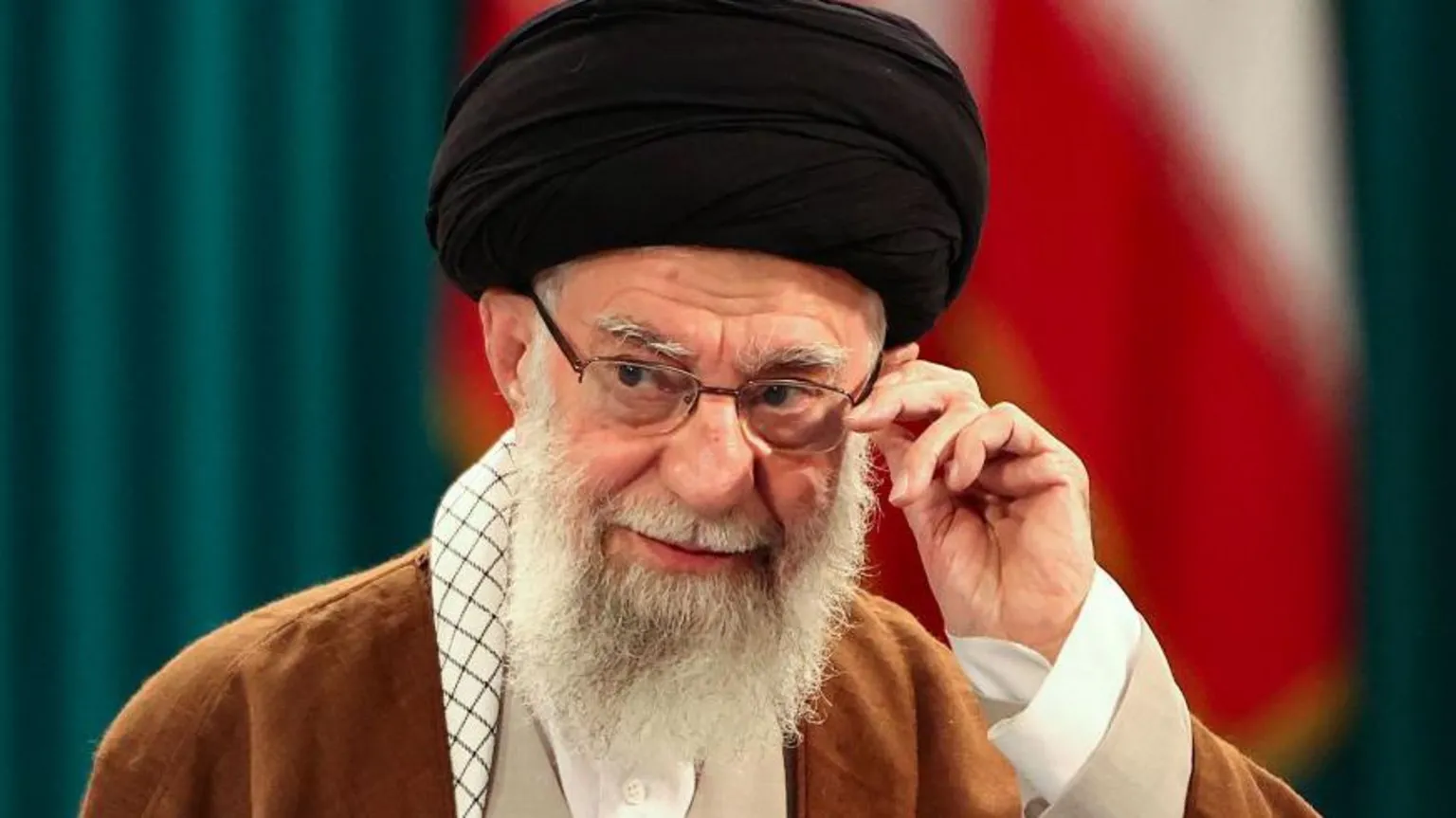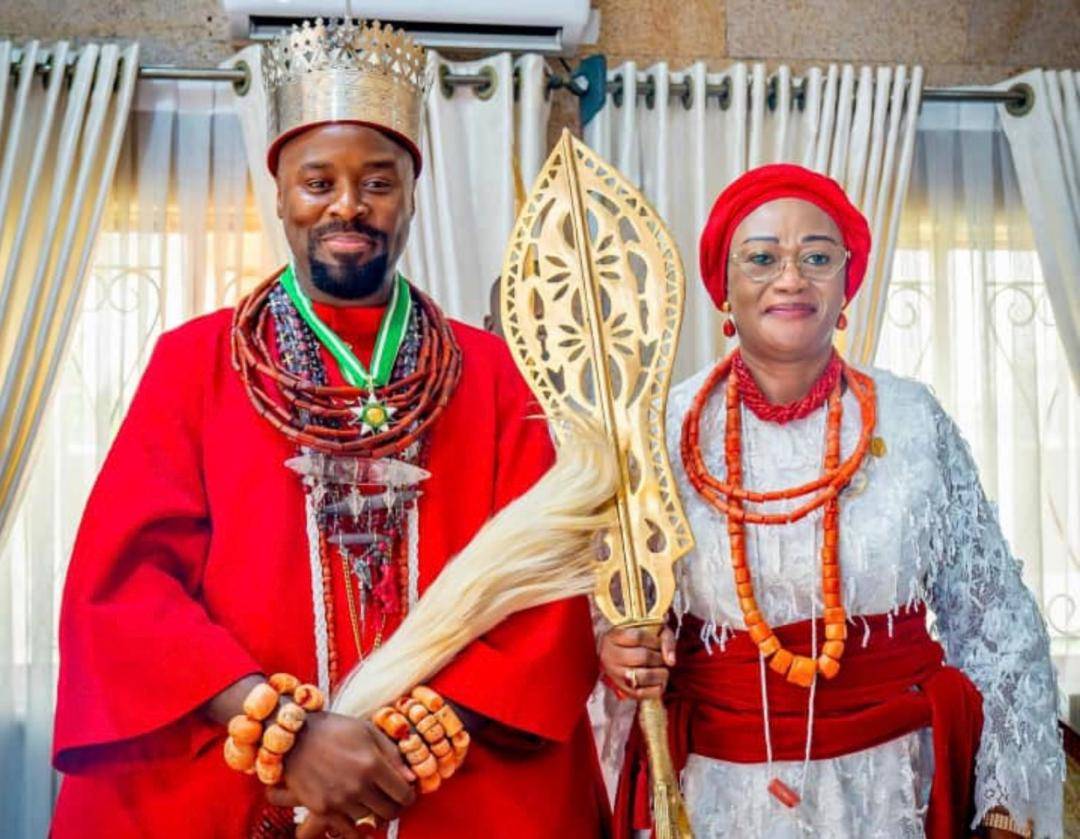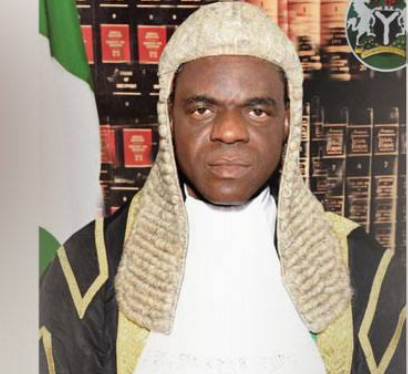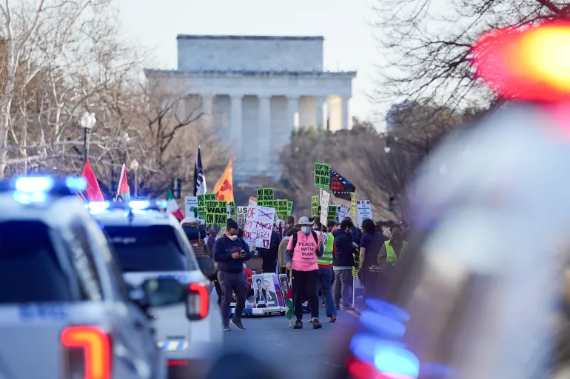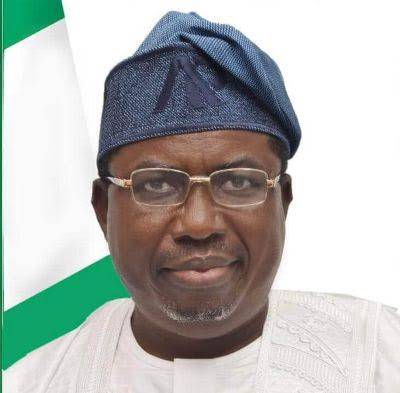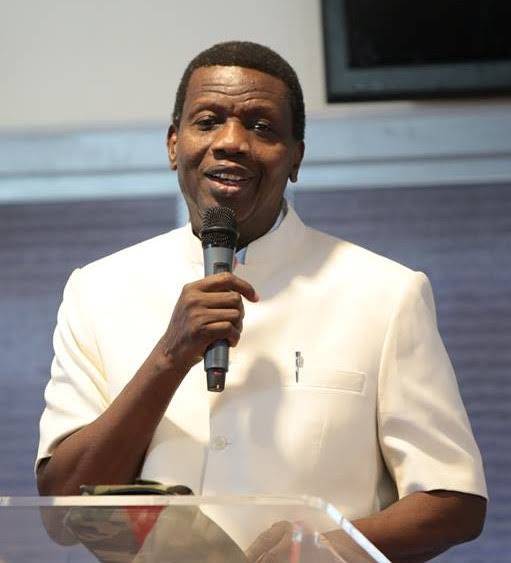By Sam Omatseye
At first, the Cambridge University African Roundtable wanted me to track President Bola Ahmed Tinubu’s rise. It was inspired by my recent book, Beating all Odds: How Bola Tinubu became president. Then they tweaked it, given the turmoil of the economy in the aftermath of his economic reforms. They retitled it: “Nigeria Reforms: Road to redemption or perdition. Conversations with Sam Omatseye.”
The idea, according to the organisers, was to reconcile biography with policy.
The afternoon event gave anyone visiting the campus a sense of its tranquil air and quaint and majestic architecture and, above all, an aura this top-tier academy, cresting the world with only a few in the history of enlightenment. Hovering between third and fifth in the world university rankings in the past few years, the University of Cambridge is cosy with Oxford – number one for nine straight years-, Massachusetts Institute of Technology, Harvard University, Imperial College, Pennsylvania, Princeton, Stanford, Caltech, et al. The United States still gobbles half of the top 10 and 13 of the top 20.
Nigeria continues to lag, funding being a major headache and the absence of a reporting fidelity being another.
It would be the first time I would be giving a talk in a top five university, although I had a given talks as alumnus of the University of Toronto, now ranked 21st. The event took place at Westminster College, one of 31 colleges at the University of Cambridge. I spoke to a cross section of society, some PHD students, scholars, nationals, and a big Nigerian presence. The moderator was Prof Anthony Kila, who heads the Commonwealth Institute of Advanced and Professional Studies and a Jean Monnet professor of strategy and development.
it was 19th October, so I paid homage to great editor, columnist and avatar for free speech, Dele Giwa, who, 38 years to that day, “opened a letter and extinguished in a cloud of smoke.” I continued with the remark that “I also draw his tale to tell my own story as a marker of the malice and bitter cauldron of the election that ushered in Bola Ahmed Tinubu as the president…I am saying this because I am happy to be alive to address you today at the University of Cambridge…I wrote an essay titled: Obituary in which I predicted that one of the candidates, Peter Obi of the Labour Party, would lose the election…for close to five months, I was in hiding. That coven of followers was after me…”
I highlighted a few salient points. One, the nation still roiled from the agony of electoral loss by a section of the people and it reverberated still because more people loathed than loved President Tinubu in the polls. And that accounted for the caterwauling of opponents, such that whether he did right or wrong, he was believed to do wrong. I referred to the fact we were living in a time where followers of Tinubu’s foes were blind to their candidates’ faults and fault lines, especially the Obidients who kept mum about Obi’s certificate scandal, offshore account and investments of official money in Anambra State.
“When recently I discussed this with an Obidient…the fellow said he had never heard such a thing. It reminds me of Jose Saramago’s novel Blindness, a parable about how a whole people cannot see in broad daylight. In the Bible, it says “darkness shall cover the earth, gross darkness the people.” It is one of the challenges of populism in the 20th century Europe, and we are seeing it today across the world, including in the United States.”
I also looked at Tinubu’s biography and I noted he was weaned on a grassroots mother, Chief Abibatu Mogaji, the Iyaloja-General. He also studied accounting and worked in some of the world’s marquee firms, ending up as Mobil’s treasurer. “So, Tinubu inhabits two contradictory worlds: the mass mobiliser and the laissez-faire ideologist. The Poet Walt Whitman once asked: “Do I contradict myself. Yes, I contradict myself. I am large. I contain multitudes.” I Noted in this context, we can see his economist soul working the fuel subsidy removal and exchange rate regimes, while the grassroots person prods the student loans, CNG buses, credit schemes, food palliatives and array of agricultural initiatives with governors. I hailed the palliatives programme but lamented it requires better institutional organization and a database. The nation was too hungry, though, to await a database. Hunger hates patience.
The question time took all of two hours, with many asking questions from Tinubu’s grassroots credentials, to the lifestyles of government officials, change of presidential system, youth inclusion, IMF/World Bank tendency, budget accountability and monitoring, chastening the lawmakers’ spendthrift ways, the government’s poor communication strategies, the collapse of values. It got comical when one Obikwu, in a fit of surrender, said we should partner with another country and even revive the house of chiefs. He had asked earlier why President Tinubu was silent throughout the trainwreck of the Buhari years? My words, not his. The same Obikwu wondered why the nation since his days in Unilag in the 1970’s had been hoping for a change that never came. What was absent was any hint of distemper, as the audience never betrayed any partisan bickering. The organisers saw to that. It was Cambridge, not Chatham House. Why didn’t he know, as an APC man, what Buhari had left behind? Why did he not criticise Buhari even if he knew he was wrecking the economy? What sort of man was Tinubu that he still accommodated those who he made but turned against him? Was he going to change his cabinet? A few questions got personal.
In an air of civilized affray, I answered the questions. A Cambridge PHD student, Great Nnamani, spoke about the World Bank report, and took issues with the President’s IMF ideas. I noted that his policies may seem to be inspired by IMF but they were just a “coincidence of necessity.” It is what some scholars now call the Washington Consensus. It is a coincidence that the policy of deregulation had to come because he had no choice. We could not sustain paying to keep the naira hanging on provision rather than providence. Ditto to fuel subsidy. I referred to Obi, who had no other answer in a recent interview than to borrow, which is to go back to the ancient regime of irresponsible spending. I also said those who wanted us to phase the policy did not understand that economics must work with culture or sociology. I recalled that President Jonathan started it but hit the rock. I also gave example of the CNG policy. If we had started it ahead of subsidy removal, we would continue to print money while waiting for the Godot of Nigerians reconciling with the new system.
I also explained that Tinubu was not as close to Buhari’s government as people thought, and he played the smart politician by writing private memos to Buhari on policies he had a choice to either accept or reject. He was pressured to leave APC to run against Buhari by elements both within APC and PDP, but he said he would not fight against what he built. I disabused the mind of audience of some misconceptions lost in the melee of news agency. A questioner said the government was in cahoots with the media. I told him that only one newspaper and one television station supported Tinubu during the campaigns and even today. “If you challenge me, I will name them all and how they spin any Tinubu story.”
It was a fervent exchange but amicable, and for me what haunted the whole afternoon was my concluding paragraph: “The (Nigerian) situation reminds me of story of one of Nigeria’s percipient writers, Chigozie Obioma, in his debut novel The Fisherman. A sibling fight leads to one throwing the other into a well. Nobody knows where the brother is until it is a time of reckoning when the stench and the body shows up to someone who discovers it. Nigeria is at that inflexion point of dealing with its own body in the well. The question is, are we ready to deal with the dead body and clean up the water? Tinubu is going ahead, and redemption beckons.”




